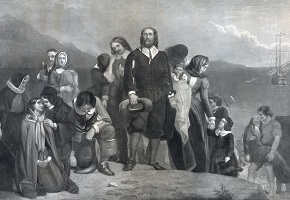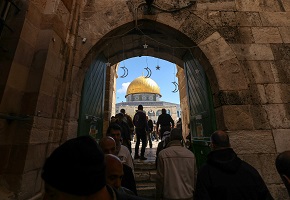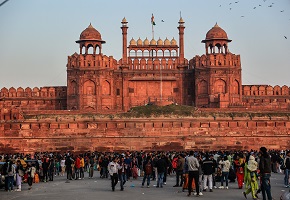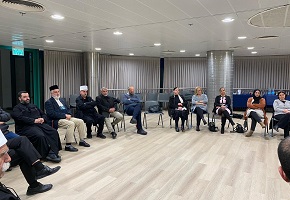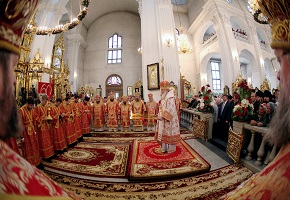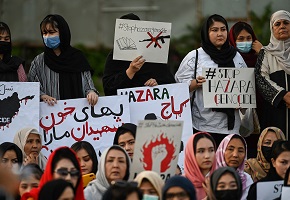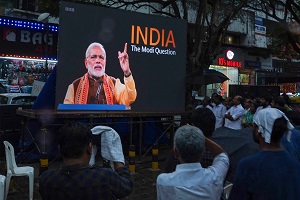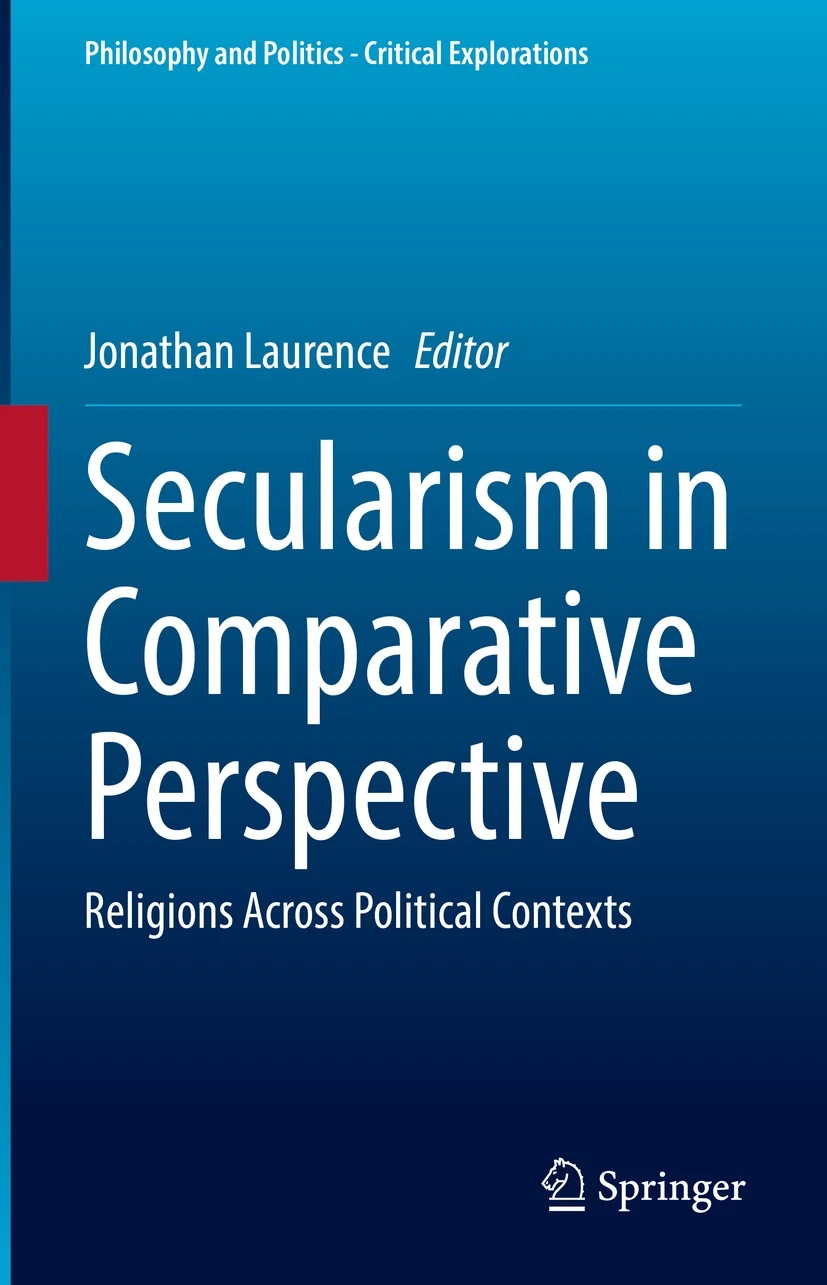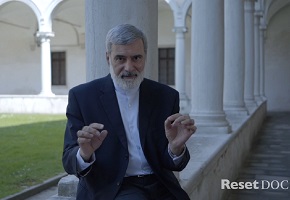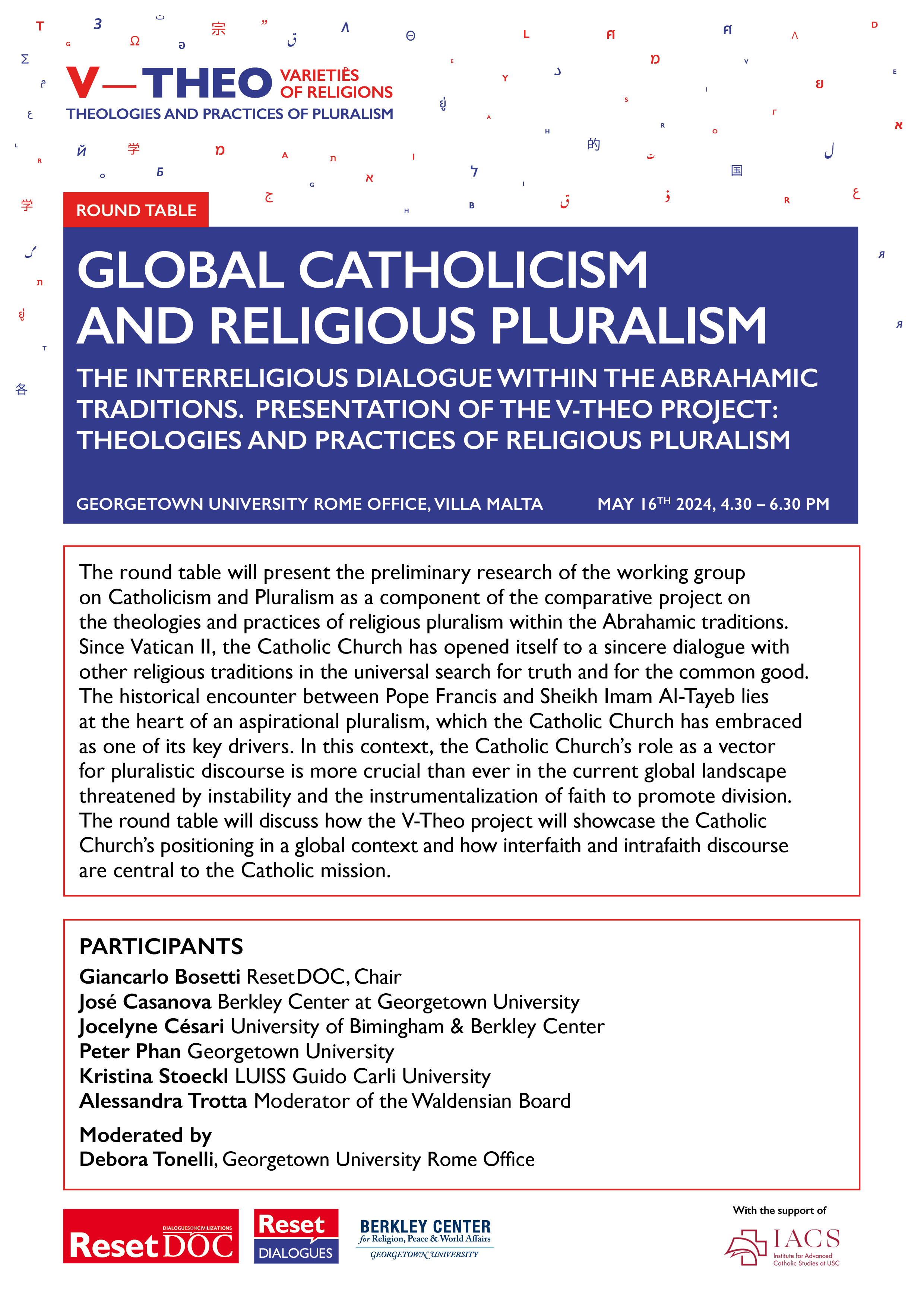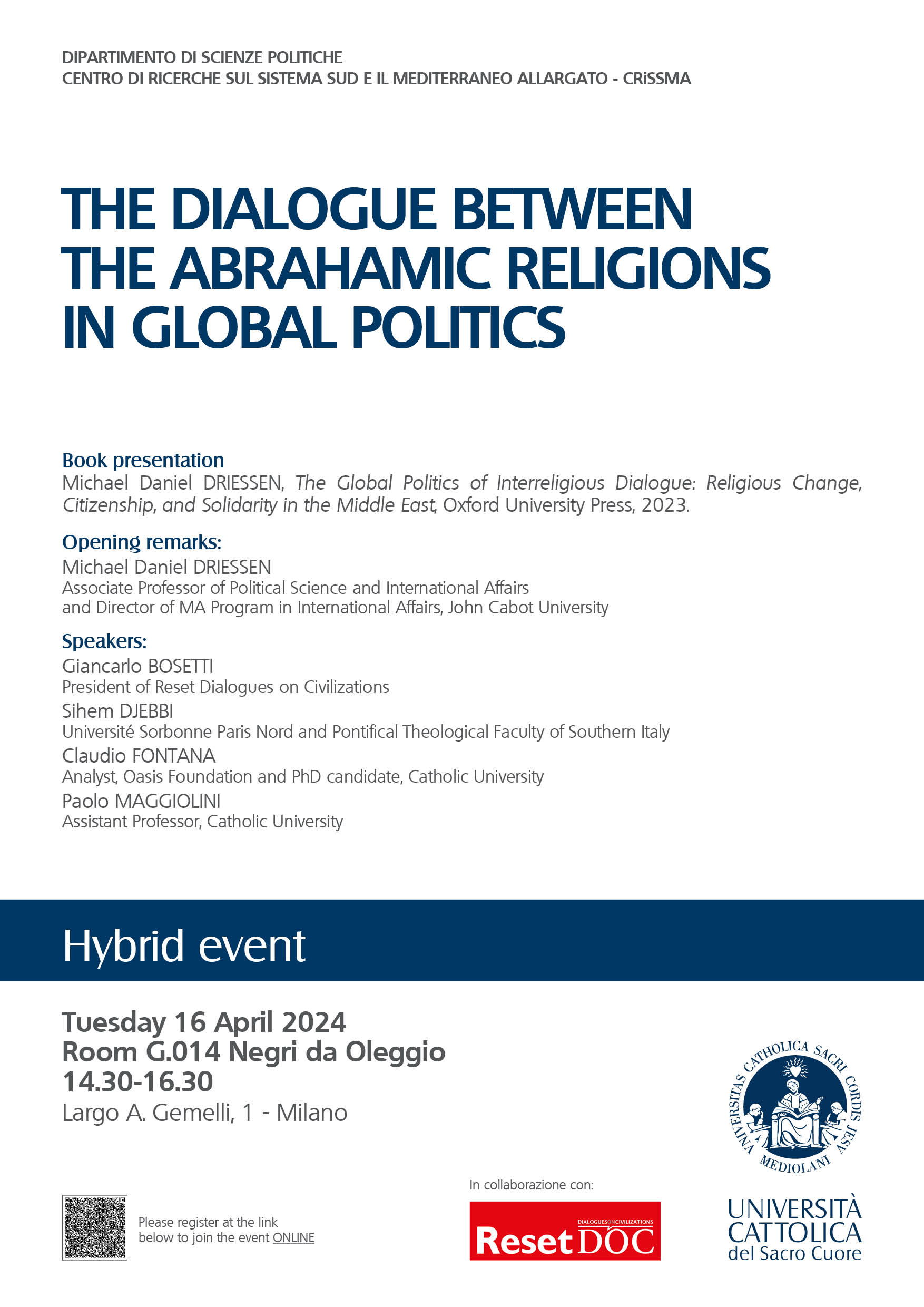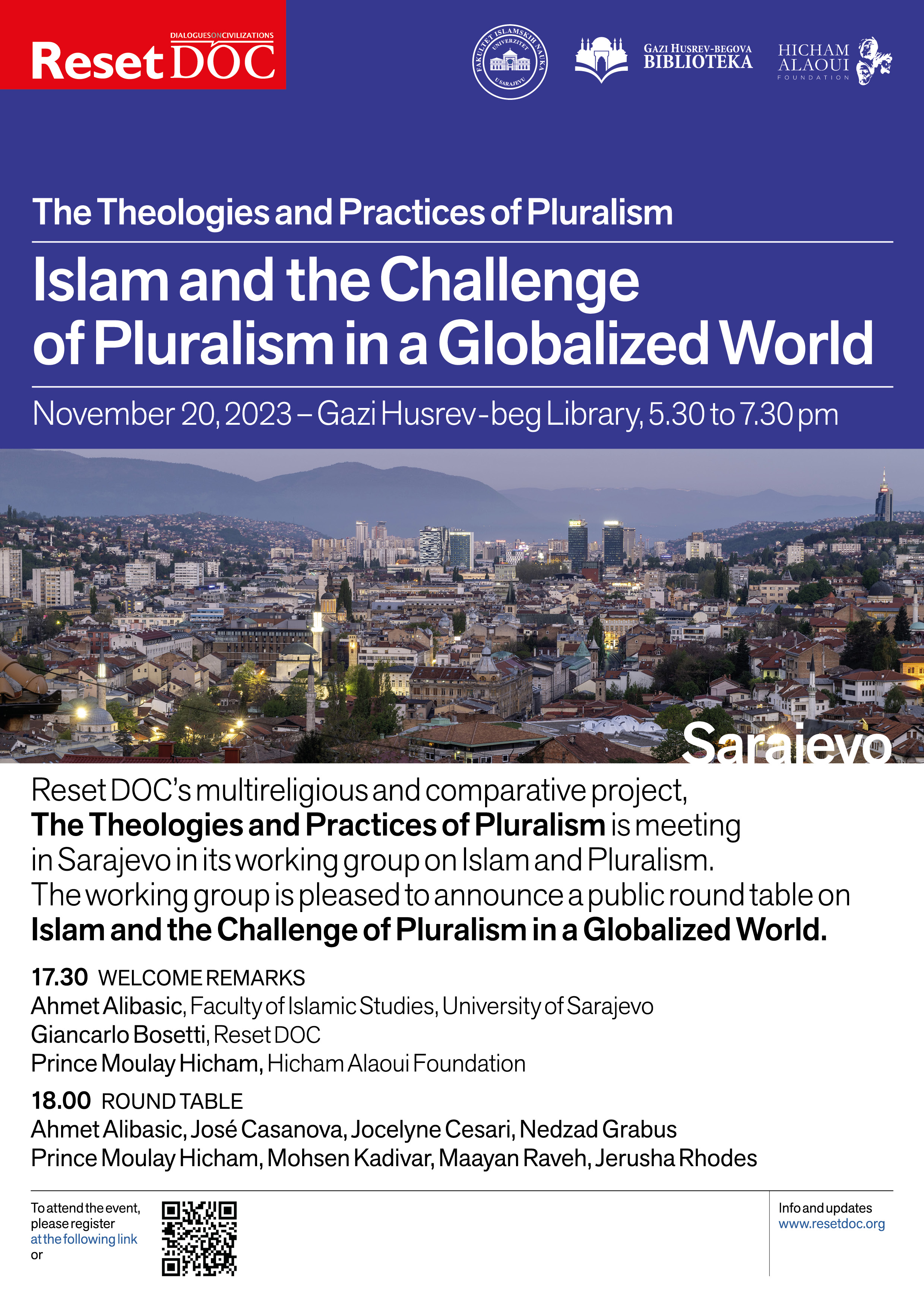PublicationsReligion
This book confronts the key questions surrounding comparative secularism in historical perspective. The contributions critically consider the normative ideas and alternative political arrangements that govern religion’s relation to politics and to the public and private spheres. Containing contributions by world-renowned scholars such as Michael Walzer, Asma Afsaruddin and Sudipta Kaviraj, this book recounts the arguments, debates, and disputations regarding secular arguments for accommodating religion. With the addition of many non-Western experiences and viewpoints on how secularism is theorized and lived, politically and historically and from Europe and Asia to Africa and the Americas, this volume is of great value political philosophers across the globe.
Our Initiatives Religion
The project “Theologies and practices of religious pluralism” investigates current debates and issues on pluralism within and across religious traditions and how some of these debates are reshaping the status of religion in different public spaces. These adaptations have a profound impact on international relations and daily life in every society, across cultural, ethnic, racial divides.
This project is jointly promoted by Reset DOC (Italy), Reset Dialogues (US) the University of Birmingham (UK), the Berkeley Center at Georgetown University (US), the Foundation for Religious Sciences in Bologna and Palermo (Italy) and the Haifa Laboratory for Religious Studies (Israel).
The international association Reset Dialogues on Civilizations has launched the Reset Seminars of Pluralism in the Middle East and North Africa, a yearly international program on cultural and religious pluralism and political liberties. The purpose is to promote a local intellectual response to the rise of rigorist strands of Islamic thought by training 40 emerging opinion-leaders on the relationship between religion, history and power and to contribute to the reawakening of pluralistic traditions in Muslim contexts.
Videos Religion
Mohsen Kadivar 5 April 2024
“Major elements of Islamic Shari’a are human dignity, justice, fairness and freedom: there is no force, no compulsion in the case of faith and religion.” An excerpt from the first part of ResetDOC’s latest video-interview with Mohsen Kadivar, Professor of Islamic Studies at Duke University, on pluralism in Islam.
ConveningReligion
Sala Curci - Georgetown University Rome Office, Villa Malta
The round table will present the preliminary research of the working group on Catholicism and Pluralism as a component of the comparative project on the theologies and practices of religious pluralism within the Abrahamic traditions. Since Vatican II, the Catholic Church has opened itself to a sincere dialogue with other religious traditions in the universal search for truth and for the common good. The round table will discuss how the V-Theo project will showcase the Catholic Church’s positioning in a global context and how interfaith and intrafaith discourse are central to the Catholic mission.
Michael Daniel Driessen, joined by Giancarlo Bosetti, Sihem Djebbi, Claudio Fontana and Paolo Maggiolini, will discuss his most recent publication, “The Global Politics of Interreligious Dialogue: Religious Change, Citizenship, and Solidarity in the Middle East” published by Oxford University Press, which examines the growth of state-sponsored interreligious dialogue initiatives in the Middle East and their use as a policy instrument for engaging with religious communities and ideas.
Reset DOC’s multireligious and comparative project, The Theologies and Practices of Religious Pluralism is meeting in Sarajevo in its working group on Islam. The working group is pleased to announce a public round table on Islam and the Challenge of Pluralism in a Globalized World. The round table will be held on Monday, November 20th at the Gazi Huzrev-beg Library at 17:30.


